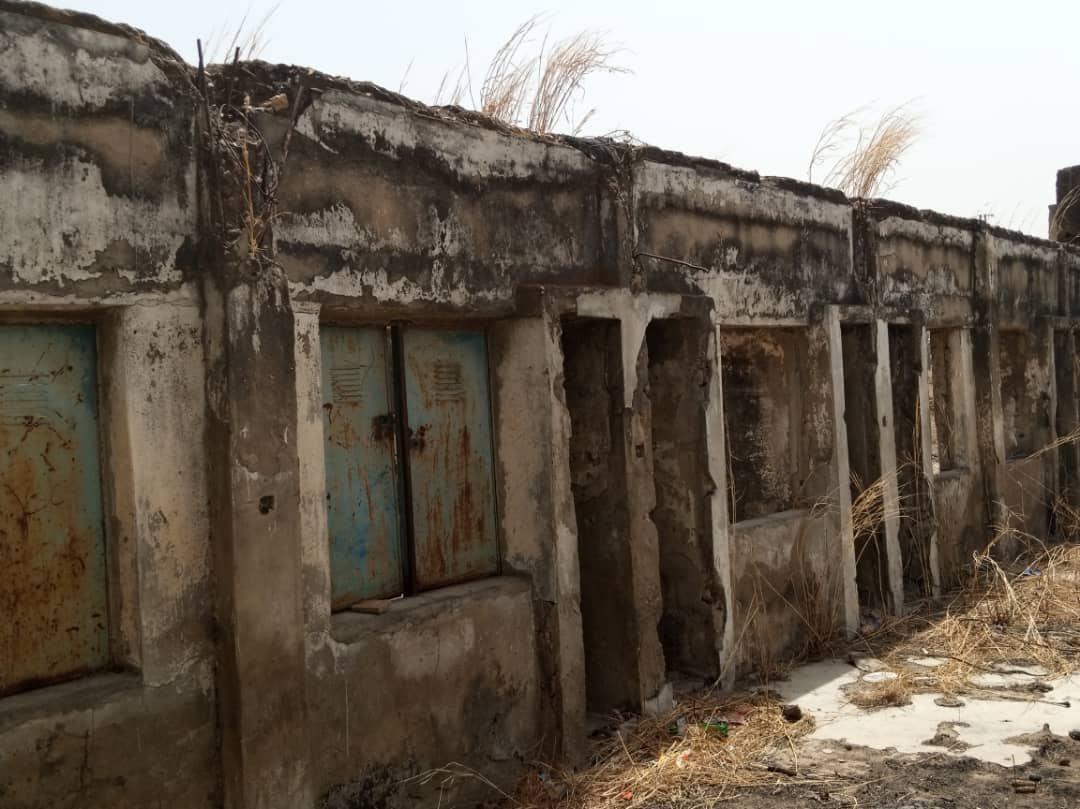Niger State Government has said that only 25 out of the 56 boarding schools in the state are functional.
It said the remaining 31 schools were either shut or not fully operational.
- PODCAST: The Supplementary Budget: Who Benefits Most?
- Hushpuppi: US Court lists DCP Kyari among wanted suspects
The state’s Commissioner for Education, Hannatu Jibrin Salihu, disclosed this in Minna after the State Executive Council meeting.
She explained that 10 out of the 31 schools not fully in operation have been shut down, while the others were asked to deboard their students.
The decision, she said, was due to insecurity ravaging the state.
“We have 56 boarding schools in Niger State. We had to shut down 10 boarding schools and deboard some of them. The ones that were totally shut down are those in the high-risk areas,” she said.
Salihu said the schools were shut down and deboarded because of the risk assessment by security agencies in the state.
She added that there were plans to review the risk assessment and decide whether some of the schools would be reopened.
She, however, said that the students in the affected schools have been taken to alternative schools, especially the SS3 students who need to write their final examinations.
“The PTA, community, school-based management committee and school management were the ones who gave us alternative safe areas for the students to attend school and write their examinations. We made plans to ensure that they are carried along and do not miss out on their examinations, “she said.
Salihu said the state has approved N427 million for the remodelling and restructuring of Ahmadu Bahago Secondary School in Minna, which was established in 1958.
Meanwhile, Ebonyi State Government, yesterday, handed over five public schools to the Catholic Church.
The state Governor, Dave Umahi, while handing over the schools to the Catholic Bishop of Abakaliki, Dr. Michael Okoro, said the decision was to restore lost moral education as brought by missionaries in the past.
“Part of the problems of the society is that the moral education the missionaries brought to us is no longer there,” he said.

 Join Daily Trust WhatsApp Community For Quick Access To News and Happenings Around You.
Join Daily Trust WhatsApp Community For Quick Access To News and Happenings Around You.